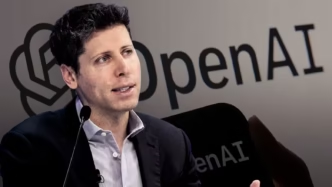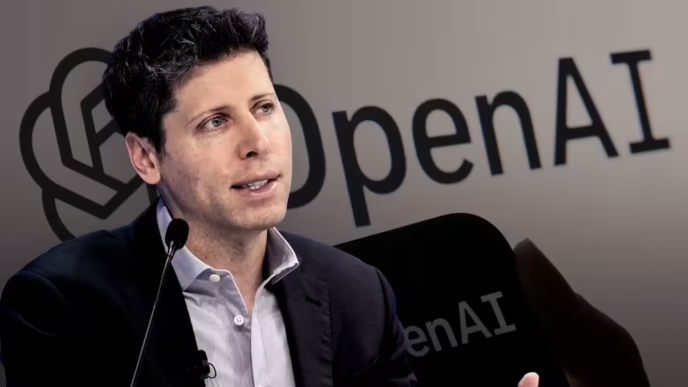General Intuition, a newly launched AI startup spun out from the gaming platform Medal, has secured an impressive $134 million in seed funding to advance its work on spatial-temporal reasoning, helping AI agents understand how objects and environments change over time.
Founded by Medal CEO Pim de Witte, the company leverages Medal’s massive dataset of over 2 billion user-generated video game clips each year from 10 million monthly users. This trove of first-person gameplay videos gives General Intuition a unique training ground for building AI models that perceive and interact with the world as humans do.
De Witte explained that gaming clips often capture the most intense player moments, either highly successful or failed actions, creating a natural “edge-case dataset” ideal for training. That quality reportedly drew OpenAI’s interest last year when it explored a $500 million acquisition offer for Medal, according to The Information.
The new $134 million funding round was led by Khosla Ventures and General Catalyst, with participation from Raine. The capital will be used to expand General Intuition’s research and engineering teams, focusing on developing agents capable of understanding new environments and performing actions within them using only visual input.
The company’s agents are trained to navigate digital worlds the same way humans control game characters—through a screen and controller. This design could make the transition from virtual to real-world applications, like drones and robotic systems, far more seamless. De Witte said their model already generalizes well across environments it hasn’t seen before, accurately predicting and performing actions in new settings.
The next big milestone for General Intuition involves two goals: creating simulated worlds that can train other AI agents and enabling autonomous navigation in completely unfamiliar physical spaces. This direction differentiates the company from others in the “world model” space, like DeepMind and World Labs, which sell world models such as Genie and Marble for content creation and AI training.
Instead of commercializing world models directly, General Intuition plans to apply its technology to develop smarter, adaptive gaming bots and non-player characters (NPCs). These agents can dynamically adjust their difficulty levels, maintaining balanced player engagement without relying on repetitive, preprogrammed behaviors.
Moritz Baier-Lentz, a founding team member and Lightspeed Ventures partner, said the goal isn’t to build unbeatable bots, but ones that can flexibly match a player’s skill level—keeping gameplay fun and competitive.
Beyond entertainment, General Intuition’s technology could also power search and rescue drones that must explore unstructured environments without GPS guidance. De Witte, who has a background in humanitarian technology, believes spatial-temporal reasoning could significantly improve such mission-critical systems.
Ultimately, both de Witte and Baier-Lentz see spatial-temporal reasoning as a missing piece in the race toward artificial general intelligence (AGI). While most AI labs focus on scaling large language models (LLMs), General Intuition argues that true AGI requires more than textual understanding.
“As humans, we describe our world in text, but that process strips away essential information,” de Witte said. “What we call general intuition—understanding how the physical world behaves—is something LLMs simply don’t capture. That’s where we come in.”
With this massive seed round, General Intuition joins a growing field of AI companies redefining intelligence beyond language, exploring how vision, motion, and interaction can drive the next wave of general-purpose AI systems.













